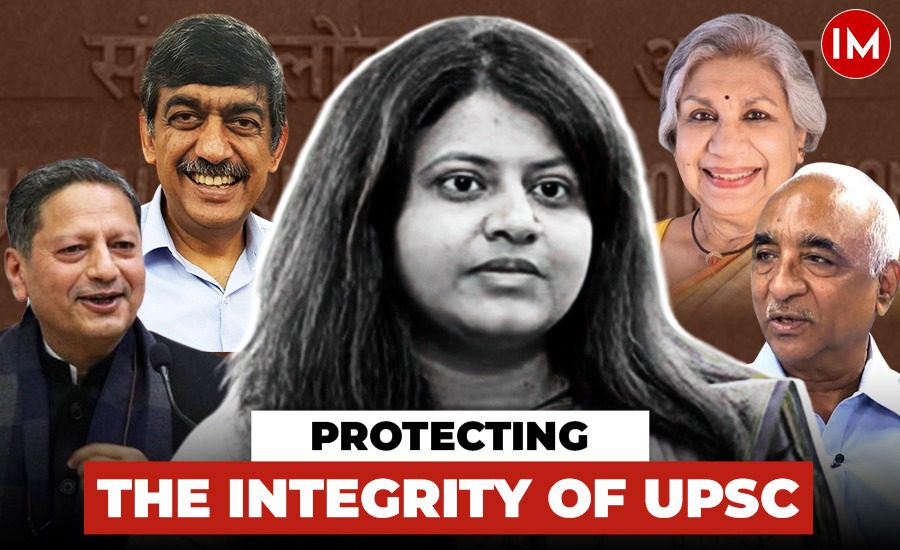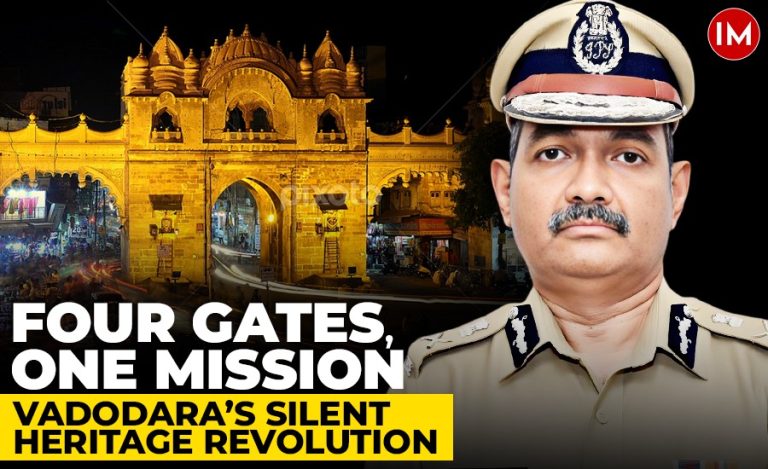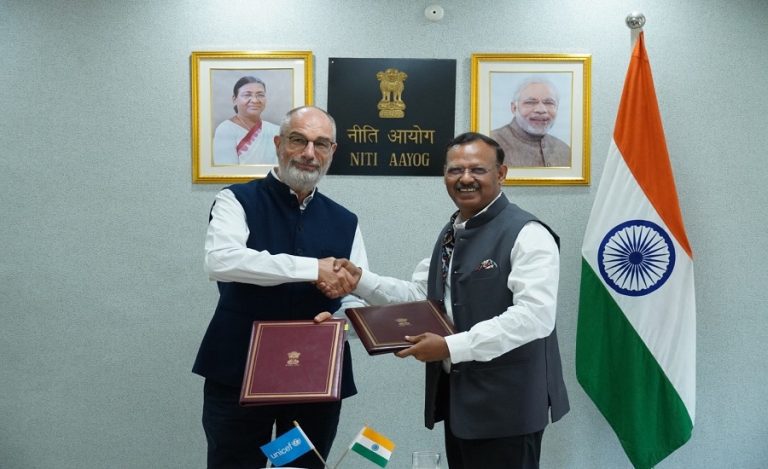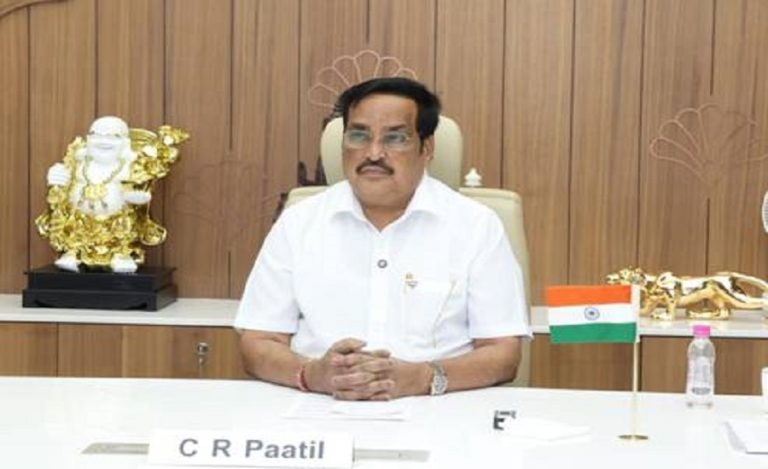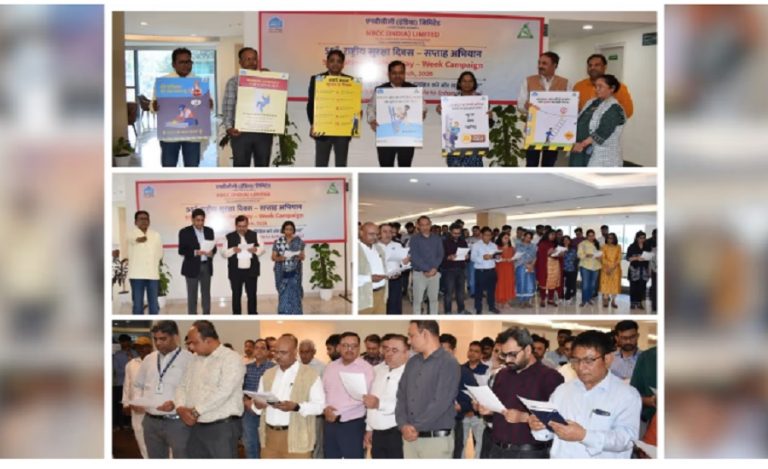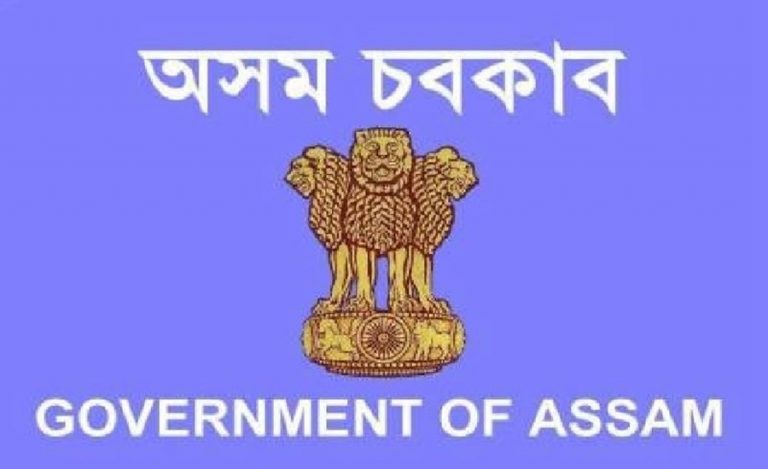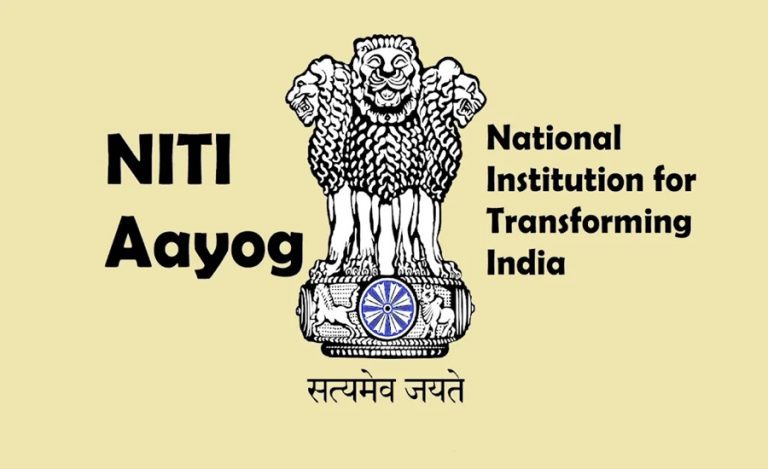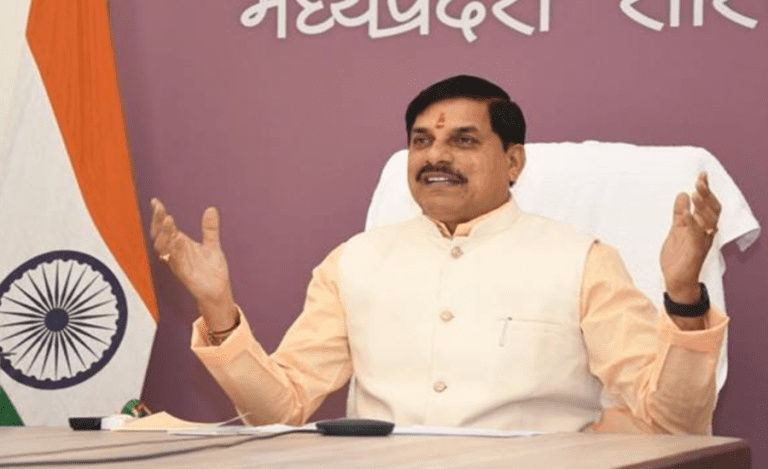The case of Puja Khedkar has sparked widespread questions about the reservation system and government procedures. This probationary IAS officer became embroiled in controversy after disputes with officials at the Pune collector’s office, leading to her transfer to Washim. Allegations have surfaced that Khedkar misrepresented her OBC non-creamy layer status in the UPSC exams by falsely claiming her parents were separated. Additionally, there are doubts about the validity of her disability claims, prompting LBSNAA to review the disability certificates of other officers. In response, UPSC has lodged an FIR against her. This situation raises broader concerns about potential manipulation within the system and the role of authorities who may have failed to question these actions.
At Indian Masterminds, we spoke with experts and former civil servants to understand who should be held accountable for this situation.
CRIMINAL ACTION SHOULD BE TAKEN
Ms. Khedkar has been accused of falsely using her caste certificate, which is issued by the District Administration and must be accepted by all authorities. For disability claims, candidates are required to obtain a certificate from the medical board. However, questions have arisen because she reportedly did not attend the medical check-up despite being called multiple times.
Former IAS officer Mr. Vijay Shankar Pandey commented, “All the authorities who approved these certificates are under scrutiny. If she did not present herself for the medical check-up, how did the Department of Personnel and Training (DoPT) issue her appointment letter? This suggests complacency on their part. The DoPT officers involved in her appointment should also be scrutinized and face criminal prosecution.”
Where former Director of LBSNAA said in a media interview, this recent incident should be seen as an aberration. It doesn’t happen every year. There are three aspects to this case – the first aspect is tricking or playing with the system as her father was a government officer, second is her problematic behaviour as a probationary officer, and third, which is most important, is the need of a systematic changes to assure such incidents do not happen in the future.
UPSC COULD HAVE TAKEN A STAND
Reports indicate that Ms. Khedkar manipulated her age to gain additional attempts in the UPSC Civil Services Examination (CSE). Former IAS officer Mr. Sanjeev Gupta commented that if she falsified her age and her parents’ names, it reveals a significant failure in the UPSC’s candidate vetting process.
Additionally, Ms. Khedkar appealed to the Central Administrative Tribunal (CAT) for service allocation based on her disability, claiming visual and mental disabilities to meet the 40% disability criterion. Although CAT denied her claim, she later changed her disability to visual and hearing impairments in 2022, obtained the necessary certificates, and secured an appointment. This change did not raise any alarms, which Mr. Gupta finds troubling. He stated, “UPSC should have taken a stand and questioned her appointment. While UPSC might not be technically at fault, they cannot deny their involvement or negligence.”
Mr. Gupta also highlighted other cases of disability misuse that have emerged following Ms. Khedkar’s case. He emphasized that thorough investigations and actions are necessary for each case to maintain the integrity of the nation’s most important exam and services. He added that even if the alleged individuals are no longer in service, appropriate actions should still be taken.
THE QUESTION IS ON THE AUTHORITY
Former Chief Secretary of Delhi, Ms. Shailaja Chandra, emphasizes that the scrutiny should be directed more towards the authorities rather than solely at Puja Khedkar and her family. She argues that the focus should be on the officials who either issued the certificates or overlooked the discrepancies in her documents.
Recalling an incident from her training days, Ms. Chandra shared, “When I was selected, there were 13 women, seven of whom were in the IAS. On my first day, the officer at LBSNAA began questioning me about my marks in each subject. It was a different time, but they intended to find faults in my documents. I believe many of my female colleagues experienced this scrutiny. So, it’s perplexing how this time, discrepancies in caste certificates, age, and disability claims were ignored.”
The controversy surrounding Puja Khedkar has not only highlighted potential abuses within the reservation and disability certification systems but also cast a spotlight on the authorities responsible for oversight. As experts and former civil servants call for rigorous investigations and accountability, it becomes clear that safeguarding the integrity of the UPSC and its examinations is crucial. Ensuring that all processes are transparent and fair is essential to maintaining the trust and hopes of millions of aspirants across the nation.

